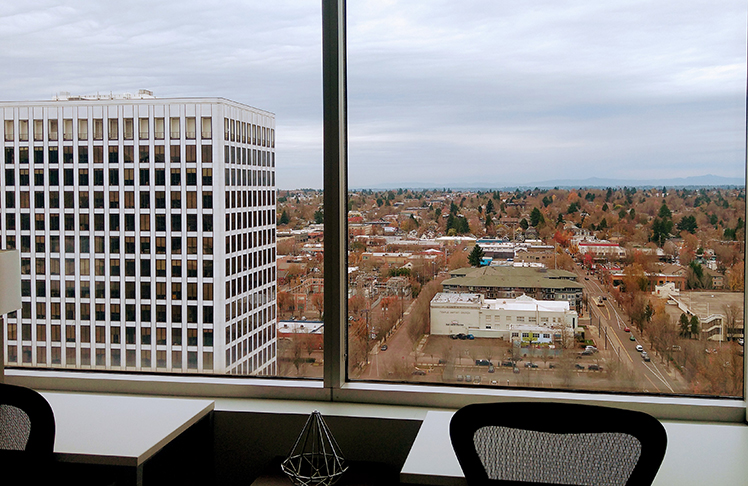
The Portland Medium
Much of the issue with gentrification can point to economics. That can also be true for displacement but not necessarily. Reclaiming can boil down to economics as well.
The working couple spend thirty years in a home. It may have been purchased at less than half of the the current value. The home may also be in an area that is on the rise but is currently appraising low. The home may also have been paid off but now has a second mortgage on it. Now, they die and leave it to the next generation. None of them want or may not have the means to keep it. They may not know enough to legally keep it because they do not have a paid attorney or expert in this matter. They lose it to a company buying up properties or an independent investor.
Displacement usually have the workings of a big money developer, a major company in town, and government along with power politics. Those communities that have the economic means and understand political efficacy most often have greater success than those communities that don’t.
Multiply these acts many times and there becomes many stories of displacement and gentrification. People that grow up in a place have memories and often wax poetically about good times of the past. But, how do you make it back?
An interesting interview took place on a Portland, Oregon radio station with a project manager of a major construction company. The conversation centered around huge opportunities that allow people without skills or a college education to earn a true living wage. That wage allows these workers to easily afford the homes in the neighborhoods that were once theirs. Many African Americans feel shut out of grand opportunities like the one talked about on the Sunday radio show hosted by KBMS radio’s Angela Jenkins.
Some have said they feel like strangers in the neighborhood where they had their fondest childhood memories. Project Manager Tayo Adesida told Angela Jenkins that he met 30 minutes with Raimore Construction and he knew it was the place he had to be. Raimore Construction, a prime company slated to do work on the $800 million I-5 Rose Quarter Improvement Project, is the type of company that defies the issues that plague other large companies when it comes to diversity. So many can’t get the job done. Raimore is a Black-owned and operated company that provide those true living wage job opportunities.
This company has been the focus of a continuing conversation about the I-5 Rose Quarter Improvement Project. Angela and Project Engineer Tayo Adesida of Raimore Construction actually talked about African Americans using this great opportunity to reclaim that which was taken due to gentrification and/or displacement.
This continued conversation is around Black wealth building in communities. Raimore Construction has strong ties to the Portland community. This may have been what made it the place to be for Tayo.
As a student studying civil engineering, Tayo Adesida earned an internship with a larger contractor in Portland, Oregon. He said that the reception he received there as a young Black man wasn’t welcoming. He said this almost pushed him away from construction. “What drew me to Raimore was the camaraderie, the feeling of belonging. This was the first work environment I’ve ever worked in where people look like me, they understand where I come from and my cultural background,” said Tayo. He said he was born in #AlbinaPDX, where it all began for his family. “All the things coming up around this Rose Quarter project hit too close to home, literally.”
Economics is a key element being talked about in addressing solutions to issues plaguing poor communities. This model of creating mass opportunities earning great salaries as well as receiving top level business inclusion has value that if duplicated across country particularly in predominantly Black communities there would be a decrease in most of the negatives that have been chronic issues for far too long. Interview Clip: Angie Interviews Tayo on the Sunday morning gospel show. https://youtu.be/RHOAfwKRFlI















